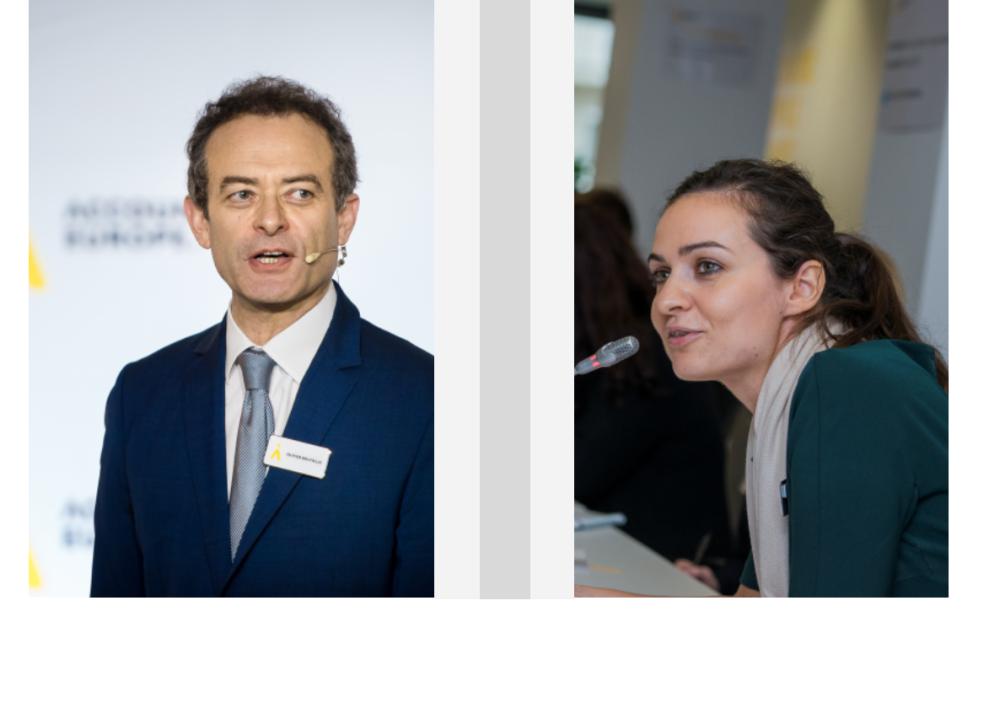16 October 2017 — Stories
By Olivier Boutellis-Taft and Eleni Kanelli

 Failure is simply the opportunity to begin again, this time more intelligently (Henry Ford)
Failure is simply the opportunity to begin again, this time more intelligently (Henry Ford)
200,000 companies go bankrupt every year in Europe resulting in 1.7 million job losses. This is not surprising seeing the lack of EU-wide early stage restructuring options for companies in financial distress and mechanisms granting a second chance to entrepreneurs.
The fear of being ‘stigmatised’ as a “fail” keeps entrepreneurs away from seeking help. Most of the time an entrepreneur decides to reach out for experts’ assistance at a very late stage. Business culture across Europe remains based on the idea ‘once a failure, always a failure’ and this is something that needs to change.
There is no taboo in admitting financial distress or admitting an insolvency. Entrepreneurs need to take steps forward, without being held back by risks or bureaucratic obstacles. Modernising and simplifying business insolvency will contribute to recovering Europe’s economy .
Accountants can offer a helping hand to entrepreneurs and ensure that seeking help is not a taboo anymore.
Almost every business in Europe has a professional accountant. They can flag any financial problems encountered by entrepreneurs, monitor companies’ overall performance, and advise their client accordingly. Indeed, professional accountants have the right background, during restructuring, to ensure that:
Insolvency proceedings themselves can end up being very complicated. An insolvency practitioner – be it an accountant or another professional (depending on countries) – can assist the entrepreneur in going through this process in the best possible way. Based on experience, an entrepreneur in financial distress, especially an SME, cannot easily cope with insolvency and restructuring procedures without help from an expert. An independent third party can contribute to better information sharing when it comes to preparation of documents to be submitted to the court or cash flows during the period of ‘stay’ etc.
Entrepreneurs bear also their share of responsibility in this equation. They should approach on time the right professionals to ensure having access to appropriate advice. Conversely, an insolvency practitioner should receive the necessary training and obtain specialised knowledge. Poor advice or misguidance can be detrimental both for entrepreneurs but also for those involved with the business such as employees, creditors or suppliers.
Getting help from a professional accountant is a worthwhile investment knowing that such advice can save businesses from insolvency or provide an entrepreneur with a second chance. Losing the business altogether means much higher costs for the debtor and other affected parties, including the general interest.
Check our latest work to know more on how accountants can help with restructuring and insolvency proceedings and see which are our positions on the most contentious matters of the Directive.
With our latest event on 10 October, we took stock of European Commission’s and European Council’s work and debated on what the next steps to ensure a harmonised insolvency framework should be.